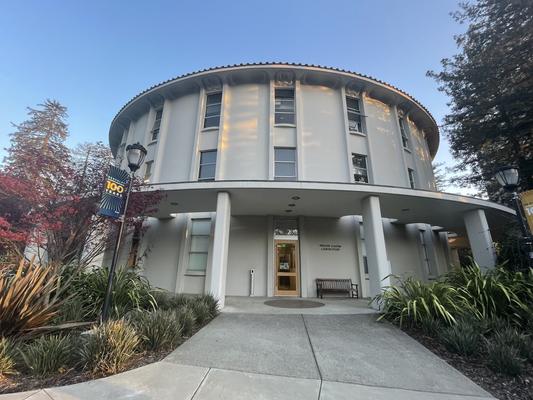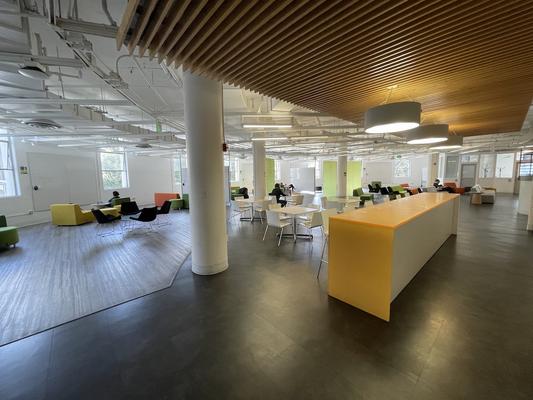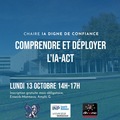
As part of the Simons Institute’s SAT Program (SAT Reunion Semester), I had the pleasure of being invited for a long stay in this famous research place about theoretical computer science and located in the heart of the Berkeley campus.
The days were punctuated by discussions, whiteboards to fill, and improvised presentations. Far from the tumult of the administrative tasks left in Bordeaux, it was a real period of scientific breathing. Many nice discussions (which would be too long to summarise here) but probably one regret. After years of trying to emphasize the importance of studying experimentally search algorithms (especially SAT) that currently exist, I could measure the strength of a certain conservatism. The hardness of studying these algorithm is not well recognized. Ut is extraordinarily complex in practice. It is not a question of showing that one beats another algorithm by a few benchmarks. Despite the good will of a part of the community, it remains almost impossible to publish articles dealing with this subject.
In two words, almost all publications try to show that integrating this or that new mechanism improves (sometimes on a subset of problems) the current performances. This is of course very good and necessary (the SAT community have even written a guide for this evaluation to be done in good conditions). But almost none of them study why and how this modification acts. This raises questions about our knowledge of the underlying mechanisms.
But I don’t despair of convincing.

The main room of the institute where everyone chats and converges (mainly at tea time).

A little walk in the morning on the way from San Francisco to Berkeley. Nice working conditions.




